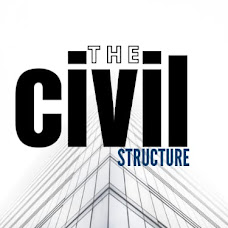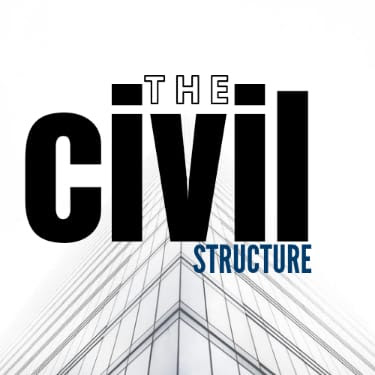Working Stress Design
• Traditional method of design
• It is assumed that concrete is elastic
• Steel and Concrete together behaves elastically
• The basis of this method is that the permissible stress for concrete and steel are not
exceeded in any worst combination of working load
• The sections are designed assuming the materials obey Hooke’s law
Assumptions in Working Stress Method:
• A section which is plane before bending remains plane after bending
• Bond between steel and concrete is perfect within elastic limit of steel
• Tensile strength of concrete is ignored
• Concrete is elastic, i.e. stress in concrete varies linearly from zero at neutral axis
to a maximum at the extreme fiber
Drawbacks of Working Stress Method:
• Concrete is not elastic
• Difficult to account for shrinkage and creep in WSM







0 Comments